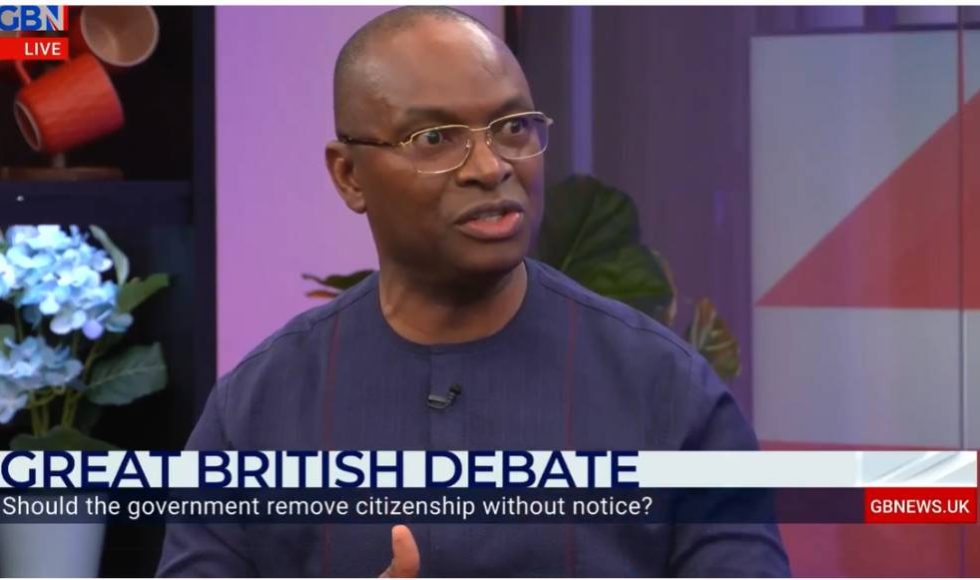The Home Office has now published its Guidance on this: see here on deprivation of British Citizenship without notice to the person losing their British citizenship.
The Guidance outlines the procedures and processes that Home Office staff members must adhere to.
This development looks ominous, despite the spirited campaign by members of Parliament and human rights organisations https://amp.theguardian.com/politics/2022/feb/27/lords-criticise-plans-to-remove-uk-citizenship-without-warning, and the Court of Appeal decision that it was unlawful to deprive of a person of their British citizenship without notice https://www.bailii.org/ew/cases/EWCA/Civ/2022/33.html.
The concern is that even British citizens who have not actively sought or held citizenship of their parent’s country may be subject to this new restriction if the Secretary of State for the Home Department believes they can take reasonable steps to obtain citizenship of another country.
Under section 40 of the British Nationality Act 1981 (BNA 1981), any British citizen, British Overseas Territories citizen, British Overseas citizen, British National (Overseas), British Protected Person, or British Subject may be deprived of their citizenship if the Secretary of State is satisfied that:
- it would be conducive to the public good and they would not become stateless as a result of the deprivation (section 40(2))
- the person acquired citizenship as a result of registration or naturalisation that was obtained through fraud, false representation or the concealment of a material fact (section 40(3))
iii. the person acquired citizenship as a result of registration or naturalisation that was obtained through fraud, false representation, or the concealment of a material fact before January 1, 1983 (section 40(6)).
Although primary legislation provides for the deprivation of British citizenship on the grounds of fraud or on the basis that it is conducive to the public good, it does not specify what types of behaviour would lead to a decision to deprive.
“Conducive to the public good” means that it is in the public interest to deprive an individual of British citizenship because of their conduct and/or the threat they pose to the UK.
Examples of when a person can be deprived of British citizenship on the ground that it is conducive to the public good include, but are not limited to:
- the interests of national security, for reasons relating to terrorism, hostile state activity, or any other reason
- where the person has been involved in serious organised crime
iii. where the person has been involved in war crimes, crimes against humanity, or other unacceptable behaviour
There may be overlap between these; for example, serious organised crime may have implications for national security.
Section 40(4A) of the BNA 1981, introduced by the Immigration Act 2014, provides for the deprivation of British citizenship on conducive grounds, even if it would render a person stateless if they have conducted themselves in a manner seriously prejudicial to the vital interests of the UK and if there are reasonable grounds for believing that the person can become a national of another country or territory.
The only new safeguard introduced by the amendment is that ” where the decision to deprive is being made under Section 40(2) on the ground that it is conducive to the public good, paragraph 1(1) of Schedule 4A to the BNA 1981 requires an application to be made to the Special Immigration Appeals Commission (SIAC) before a deprivation order is made.
The Special Immigration Appeals Commission (SIAC) is a court of record created by the Special Immigration Appeals Commission Act of 1997. It deals with appeals in cases where the Secretary of State for the Home Department exercises statutory powers to deport or exclude someone from the UK on national security grounds or for other public interest reasons.
The presumption is that SIAC hearings are heard in open court, and the public and press can attend. The judge can decide to hear evidence in closed sessions. Most of the cases before SIAC are under anonymity orders, so the individuals cannot be named.
SIAC is required to issue its determination within 14 days of receiving an application from the Home Office. Where SIAC determines that the Secretary of State’s view is flawed, the Home Office may, within 14 days, either:
- give notice of the decision to deprive
- withdraw the deprivation order
- make a fresh application for consideration by SIAC
Section 40A of the British Nationality Act 1981 (BNA 1981) and the Special Immigration Appeals Commission Act 1997 provide for a right of appeal against a decision to deprive a person of citizenship. This right may be exercised from abroad or within the UK. The appeal will be heard in the First-tier Tribunal (Immigration and Asylum Chamber) or the Special Immigration Appeals Commission (SIAC).
Need further information? Call us:
UK: +44 20 8493 7340
GH: +233 55 589 5959
Emergency: +44 77 1276 1884
Website: www.bwfsolicitors.com
Email: admin@bwfsolicitors.com
About the writer
Bennard Owusu is the senior partner of BWF Solicitors, an award-winning law firm in London. He is also dual qualified as a barrister in Ghana and Solicitor to the Senior Courts of England.
He regularly writes opinions and advises Local Authorities; Solicitors and has represented clients in Family and Immigration cases where the main issues are aspects of Ghanaian Law Usages and Practices; Marriages; Children Proceedings; Inheritance and Reciprocal Agreements.
Some of Uncle Ben’s advice has been reported in English law reports. He recently won the Black British Business Award 2020 in the category of Professional Services Senior Leader of the year.







